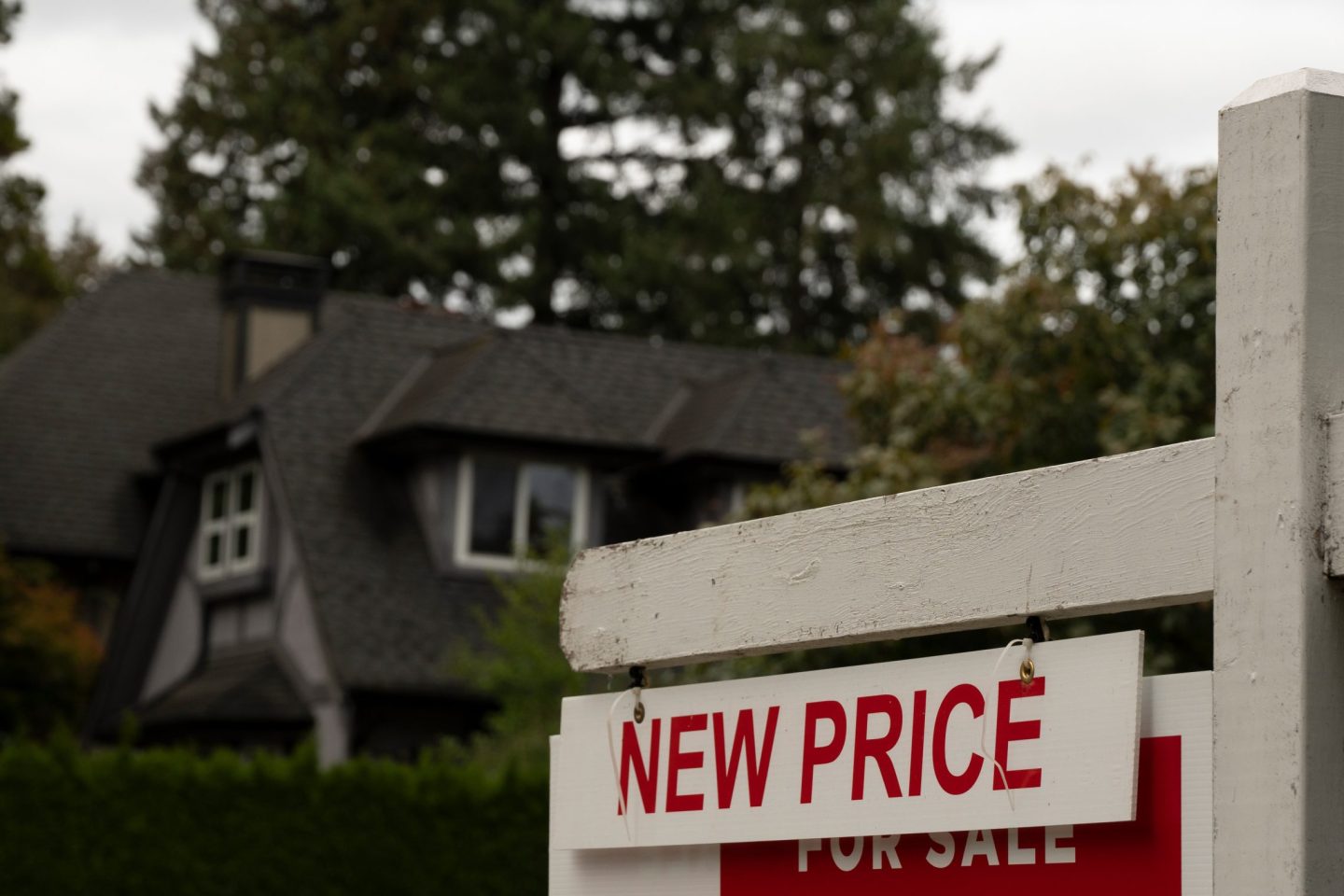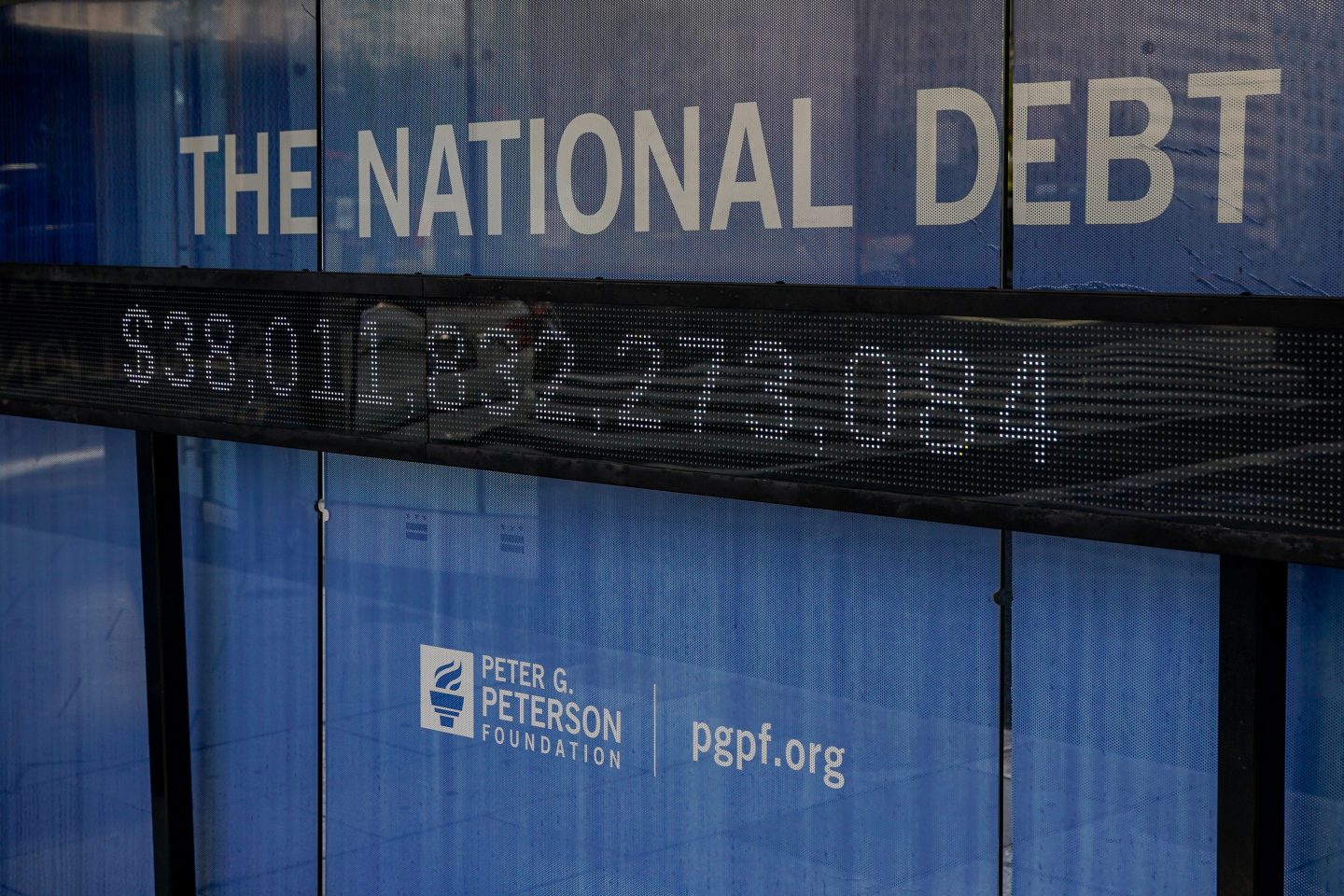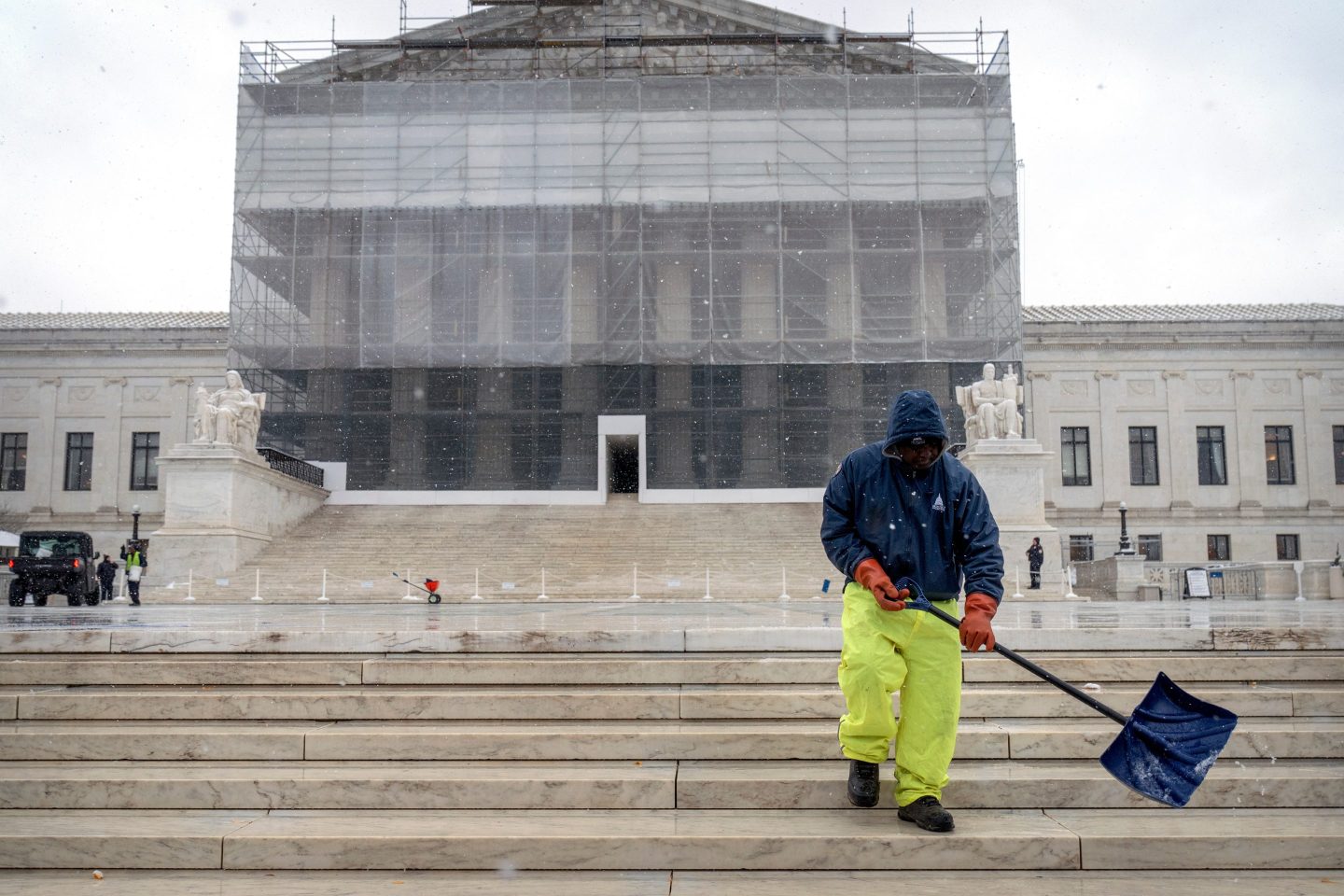Bill Gross said the government should fully take over the business of guaranteeing mortgage loans.
Gross, who runs the giant Pimco Total Return fund, said letting the private market take over the role long played by the government-sponsored mortgage investors Fannie Mae and Freddie Mac is “impractical.”

Gross made the comments at the Treasury’s future of housing finance conference. The administration called together bankers, investors and others to discuss how an ideal housing-finance system might work, and how the government might implement changes.
Republicans have been calling for a privatization of housing finance, pointing to the huge losses incurred by Fannie and Freddie when they relaxed their standards during the housing boom. Taxpayers are now on the hook for $150 billion or so of those losses and counting.
But Gross said a properly managed government financing plan offers advantages the private sector can’t match. Gross called for government guarantees protected by adequate down payments and properly priced mortgage insurance.
He also said the various government agencies supporting housing finance now — including Fannie, Freddie and Ginnie Mae, which guarantees loans backed by the Veterans Affairs and Federal Housing Administration — should be rolled up into one giant Ginnie Mae. This would finally eliminate the fiction that has existed for two years that Fannie and Freddie are still shareholder-owned, even as the government operates them under a conservatorship.
[cnnmoney-video vid=/video/news/2010/08/17/n_bill_gross_housing.cnnmoney/]
Gross said these arrangements could make mortgage financing widely available in good times and bad at a low cost.
“We’re skeptical of private models because they’re more expensive,” Gross said. “They favor Wall Street instead of Main Street.”
Gross also urged the government to boost the economy by helping homeowners who arecurrent on their mortgages and whose mortgages are owned by to refinance at the current low rates.
Freddie Mac’s going rate on a 30-year conforming mortgage has tumbled to 4.44% from 5.2% a year ago, as investors fearing deflation have rushed into Treasury bonds, sending those yields to lows last seen in the financial meltdown. But few Americans have taken advantage, in part because falling house prices have wiped out equity and lending standards have tightened, excluding many would-be borrowers.
Gross said such a policy could put $50 billion to $60 billion in the pockets of homeowners, which would boost consumption spending at a time when state governments are cutting back and federal stimulus funding is running out.
The proposal resembles one that made the rounds on Wall Street in recent weeks but was roundly criticized by housing industry observers and rejected by the administration.
But Gross contends the move could even push house prices, which have started falling again after a year or so of stability, up 5% to 10%.
“We are approaching the cul de sac of stimulus,” Gross said.











